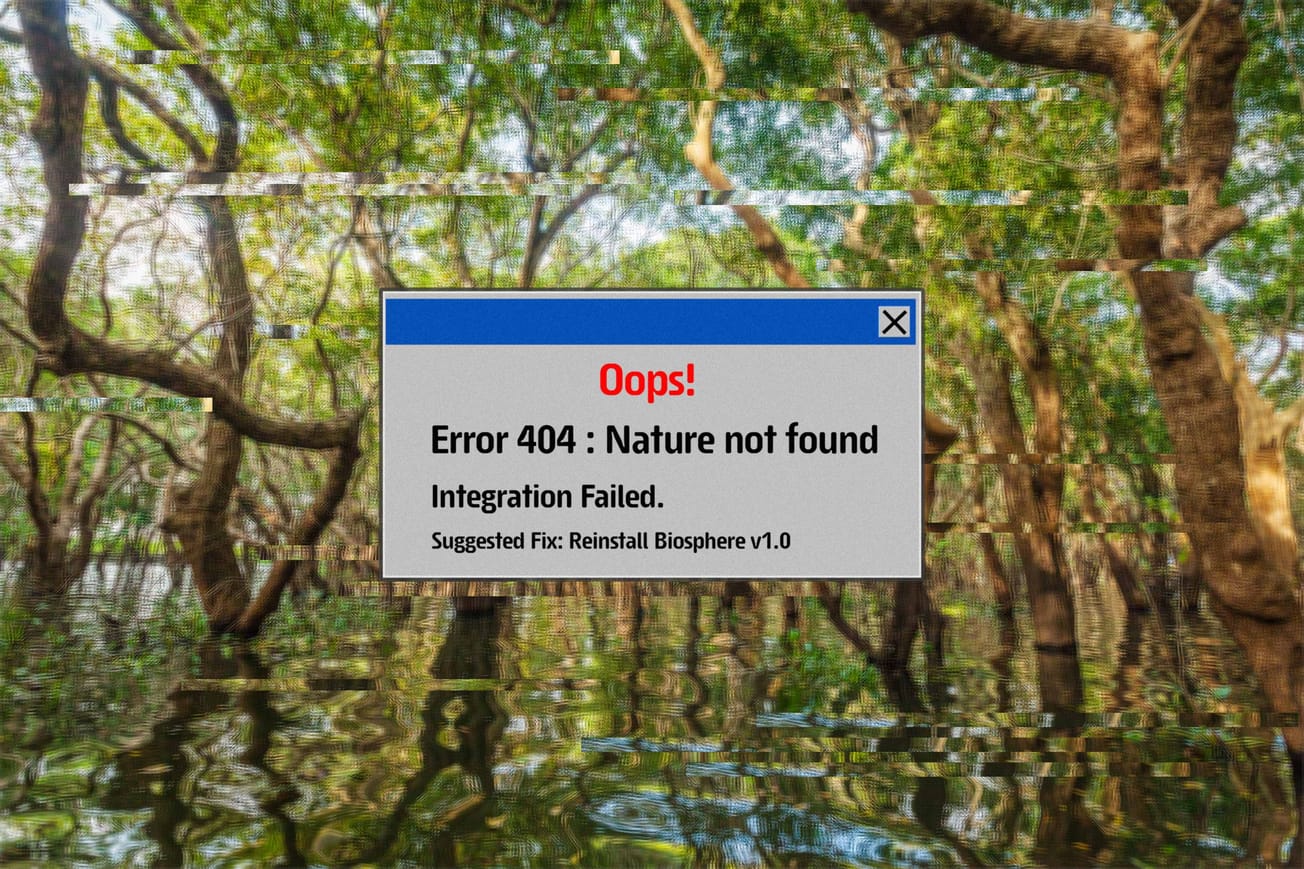Recent scientific research has raised alarm that the world's oceans—once considered vital carbon sinks—may be on the verge of becoming net carbon emitters. Since the start of the Industrial Revolution the oceans have played a crucial role in mitigating climate change, absorbing between 25-30% of CO2 emitted into the atmosphere from human activities. However, mounting evidence suggests that this critical buffering capacity is now being compromised, potentially leading to a dangerous feedback loop that could accelerate global warming.
The Role of Oceans as Carbon Sinks
Historically, oceans have acted as significant carbon sinks, absorbing CO2 from the atmosphere through two main processes: physical and biological. The physical process, known as the "solubility pump," involves the dissolution of CO2 into seawater, particularly in colder regions where the gas is more easily absorbed. The biological process, or the "biological pump," involves marine organisms, such as phytoplankton, which use CO2 for photosynthesis. When these organisms die, they sink to the ocean floor, sequestering carbon for long periods.
Signs of Change: Ocean Acidification and Warming
While oceans have been effective at absorbing CO2, this benefit comes with a price. One of the most concerning issues is ocean acidification. As the oceans take in more CO2, the water becomes more acidic, harming marine life, particularly organisms like corals, mollusks, and some species of plankton that rely on calcium carbonate to form their shells and skeletons. Ocean acidification weakens the base of the marine food chain, disrupting ecosystems and reducing the ocean's ability to sequester carbon through the biological pump.
Moreover, rising global temperatures are warming the oceans, making the physical absorption of CO2 less efficient. Warmer water holds less CO2, so as surface temperatures rise, the ocean's ability to act as a carbon sink diminishes. Research has shown that some regions, such as the North Atlantic, are already becoming less efficient at absorbing CO2 as ocean temperatures rise.
The Feedback Loop: Oceans as Carbon Sources?
The shift from carbon sink to carbon source could occur through several mechanisms. One significant concern is the release of methane from oceanic methane hydrates. Methane is a potent greenhouse gas, and its release from the ocean floor—triggered by warming waters—could greatly accelerate climate change. Another concern is the degradation of marine ecosystems, such as coral reefs and mangroves, which store large amounts of carbon. When these ecosystems are damaged or destroyed, they can release vast quantities of stored carbon back into the atmosphere.
A study published in Nature Communications in 2021 provided strong evidence that certain regions of the ocean are already on the brink of becoming carbon sources rather than sinks. The study highlighted how changes in ocean circulation and biological productivity, influenced by climate change, are causing some areas to emit more CO2 than they absorb. For instance, the Southern Ocean, which accounts for 40% of the global oceanic carbon uptake, has shown signs of weakening absorption rates in recent years.
The Implications for Climate Policy
The prospect of oceans becoming net carbon emitters has profound implications for global climate policy. If oceans can no longer absorb significant amounts of CO2, then more carbon will remain in the atmosphere, exacerbating global warming. This will make it even more challenging to meet international climate goals even limited climate goals.
What Can Be Done?
Addressing this looming crisis requires urgent action on multiple fronts. Reducing greenhouse gas emissions is essential to prevent further ocean warming and acidification. Additionally, protecting and restoring marine ecosystems—such as seagrass beds, mangroves, and coral reefs—can enhance the ocean's natural carbon storage capacity. Finally, investing in scientific research and monitoring is critical to better understand how oceans are changing and to develop strategies for mitigating the potential shift from carbon sink to carbon source.
While oceans have long been our allies in the fight against climate change, they are now at risk of turning against us. The possibility that the world's oceans could become net carbon emitters is a stark reminder of the interconnectedness of Earth's systems and the urgent need for comprehensive climate action. Failure to address this issue could undermine global efforts to mitigate climate change, reducing our chances of securing a stable climate for future generations.













